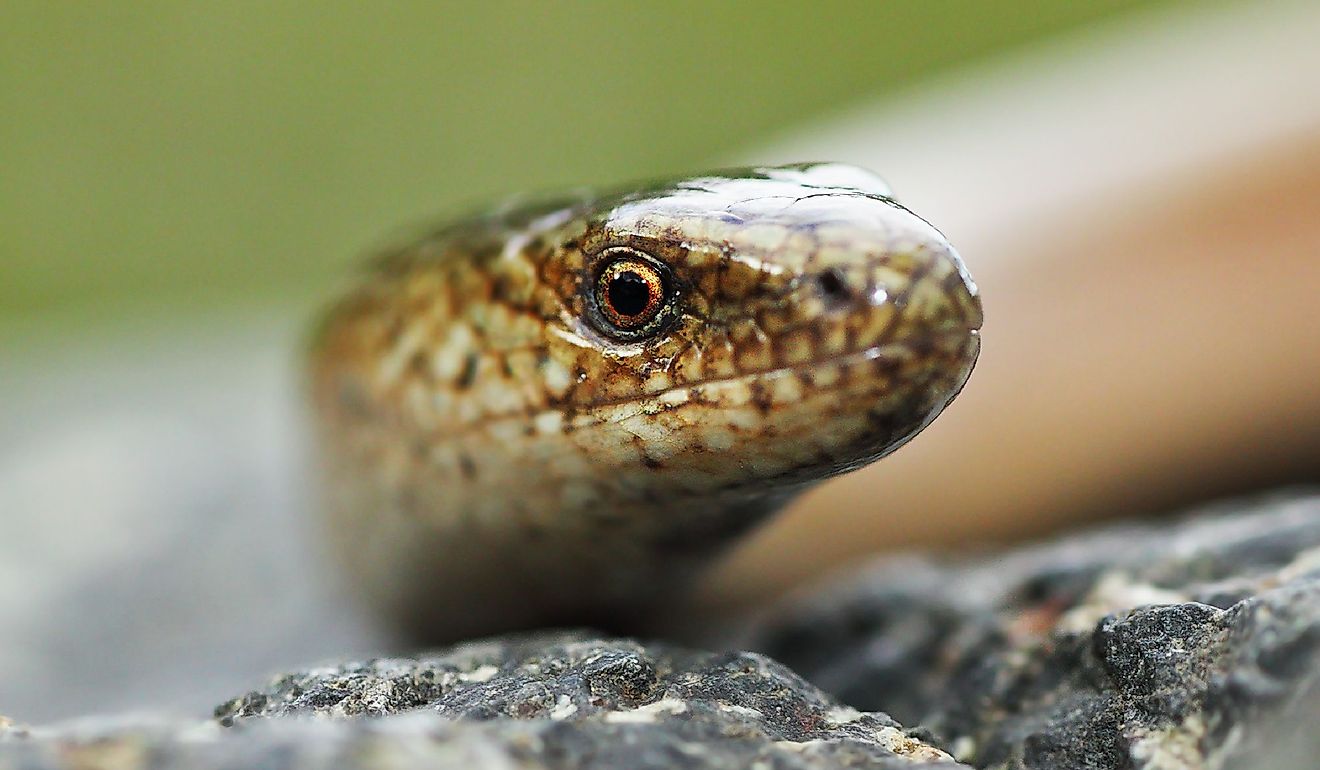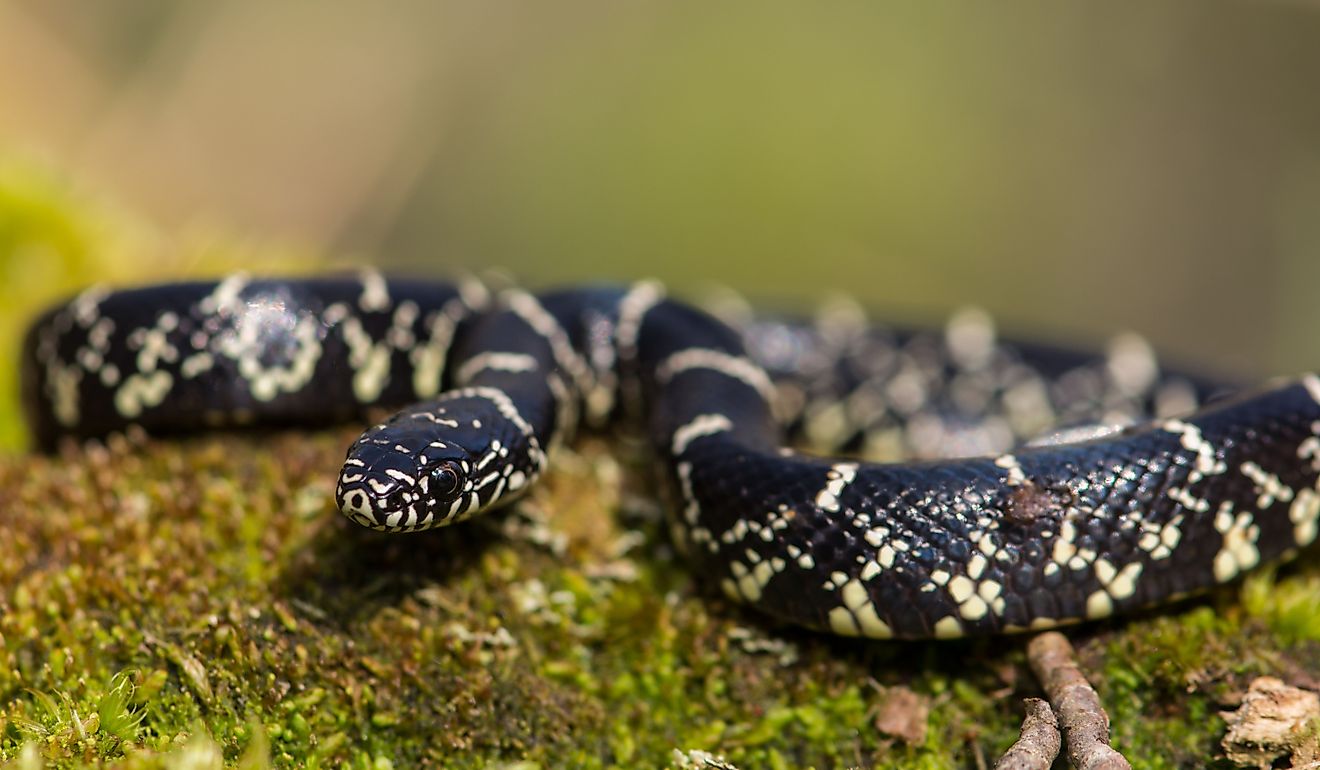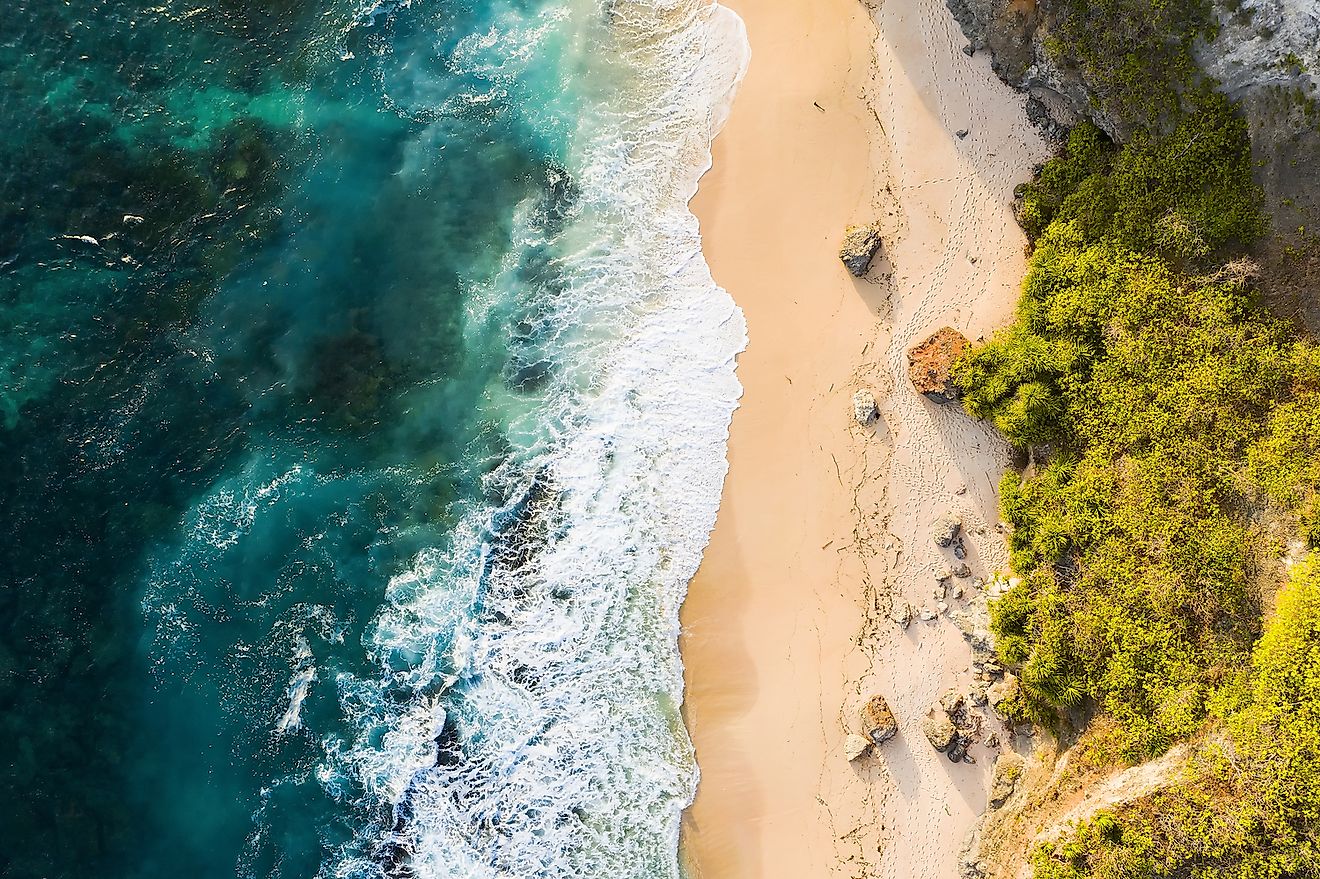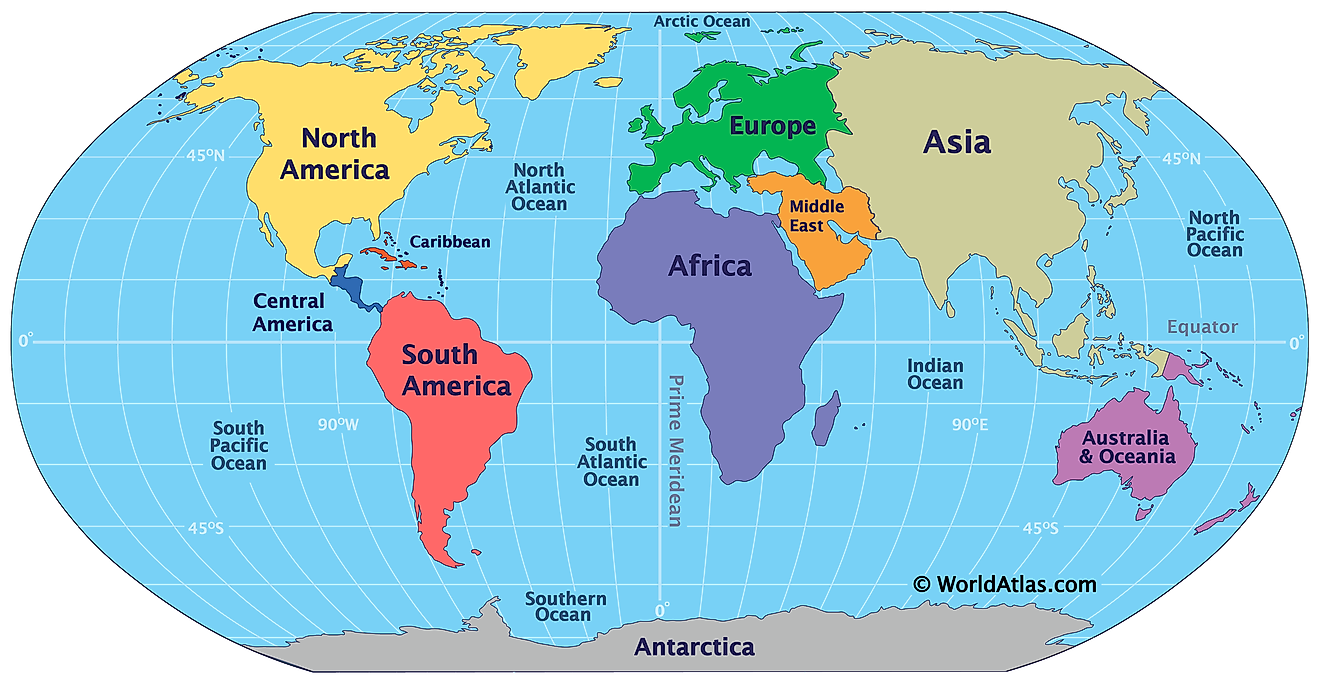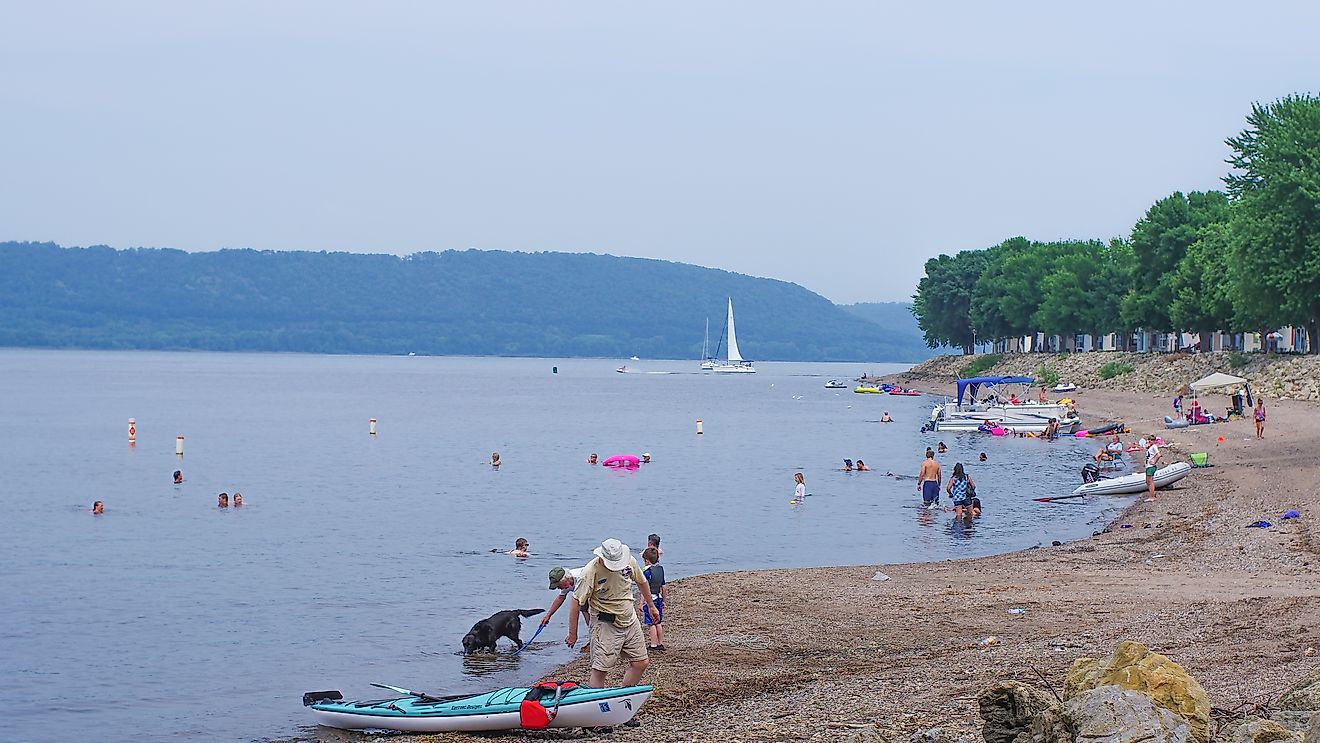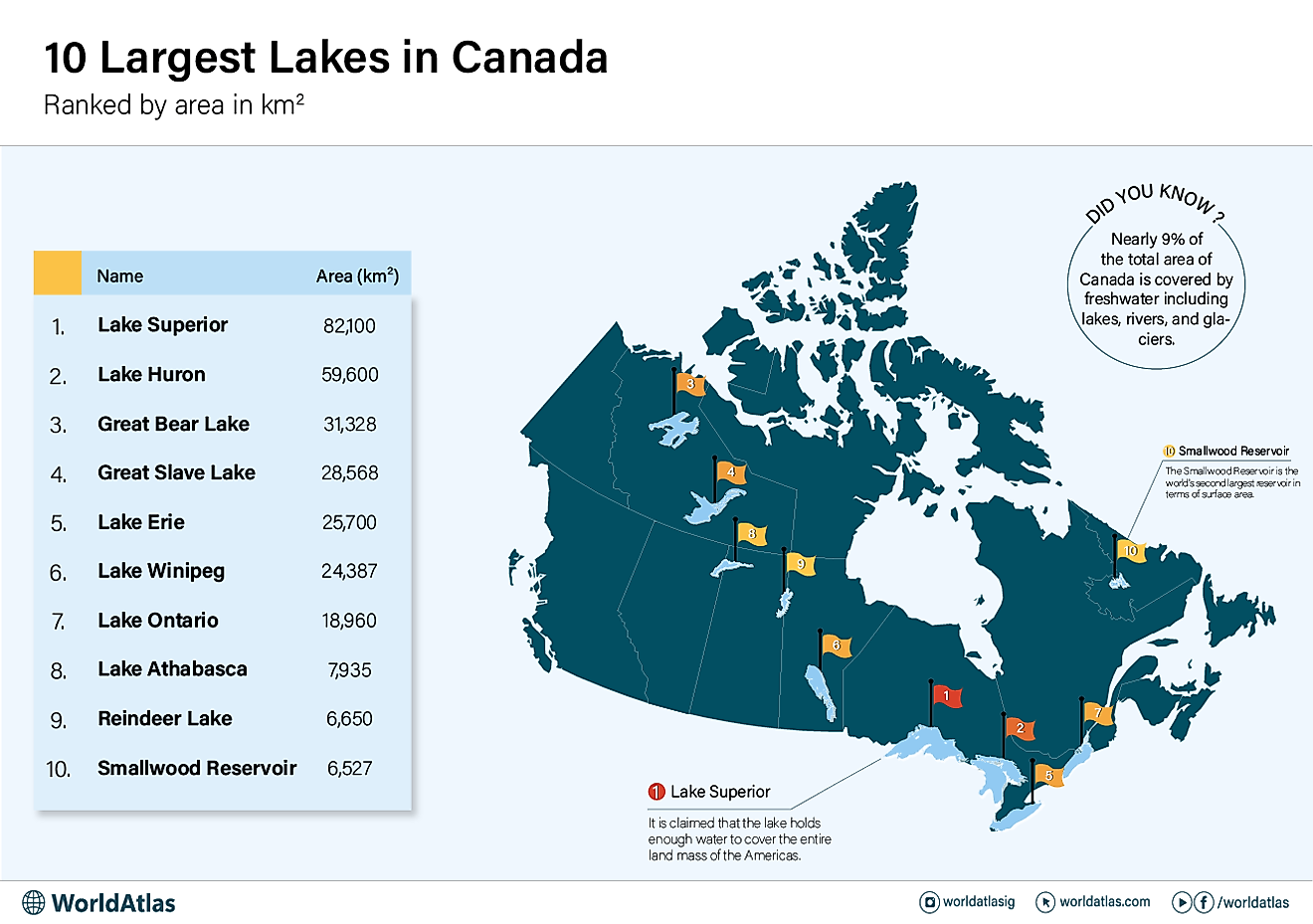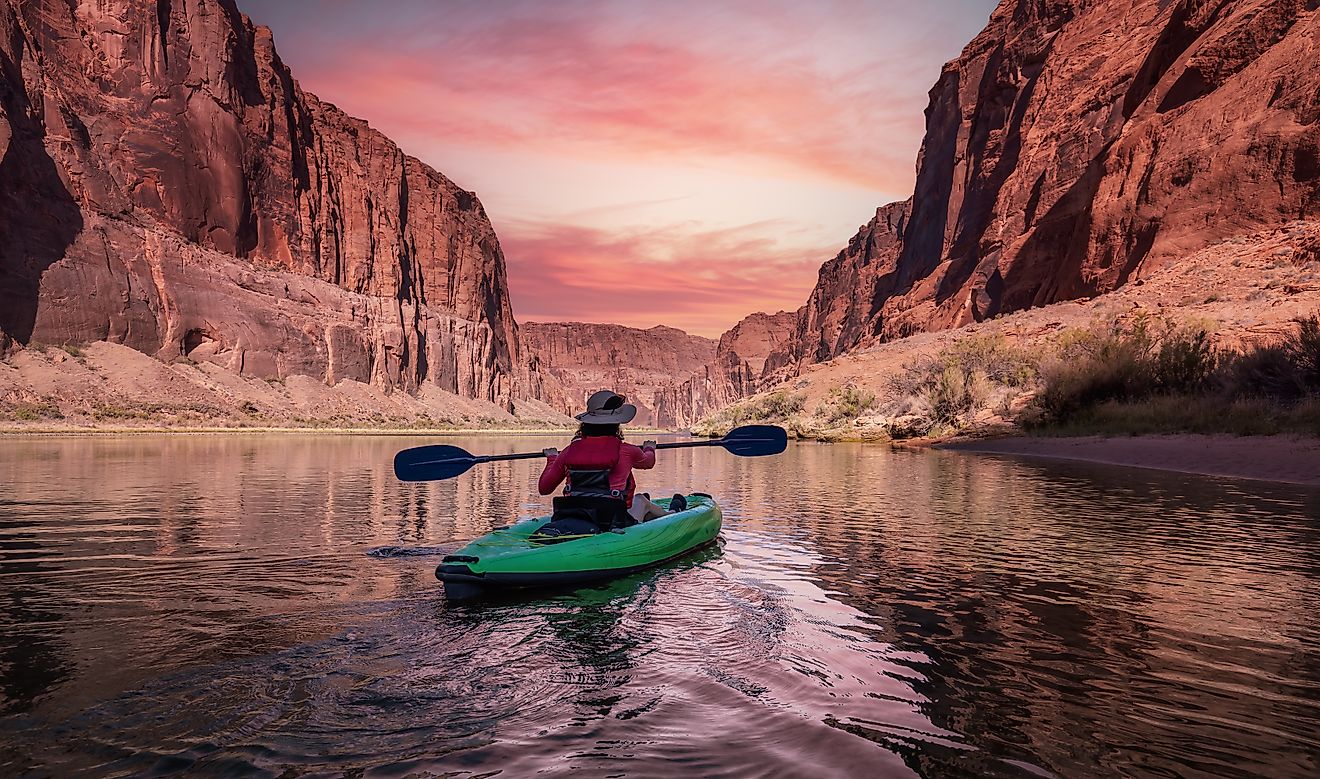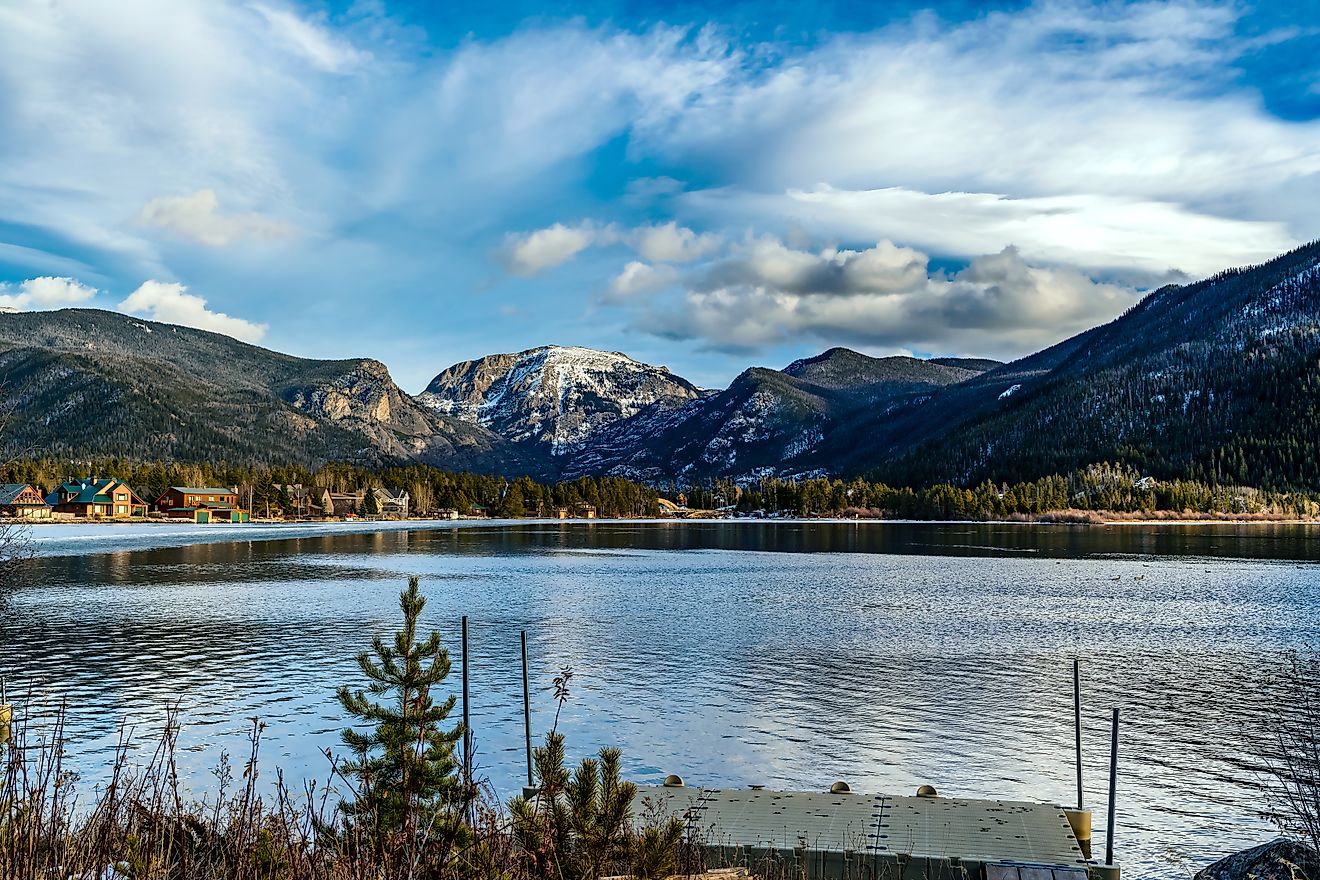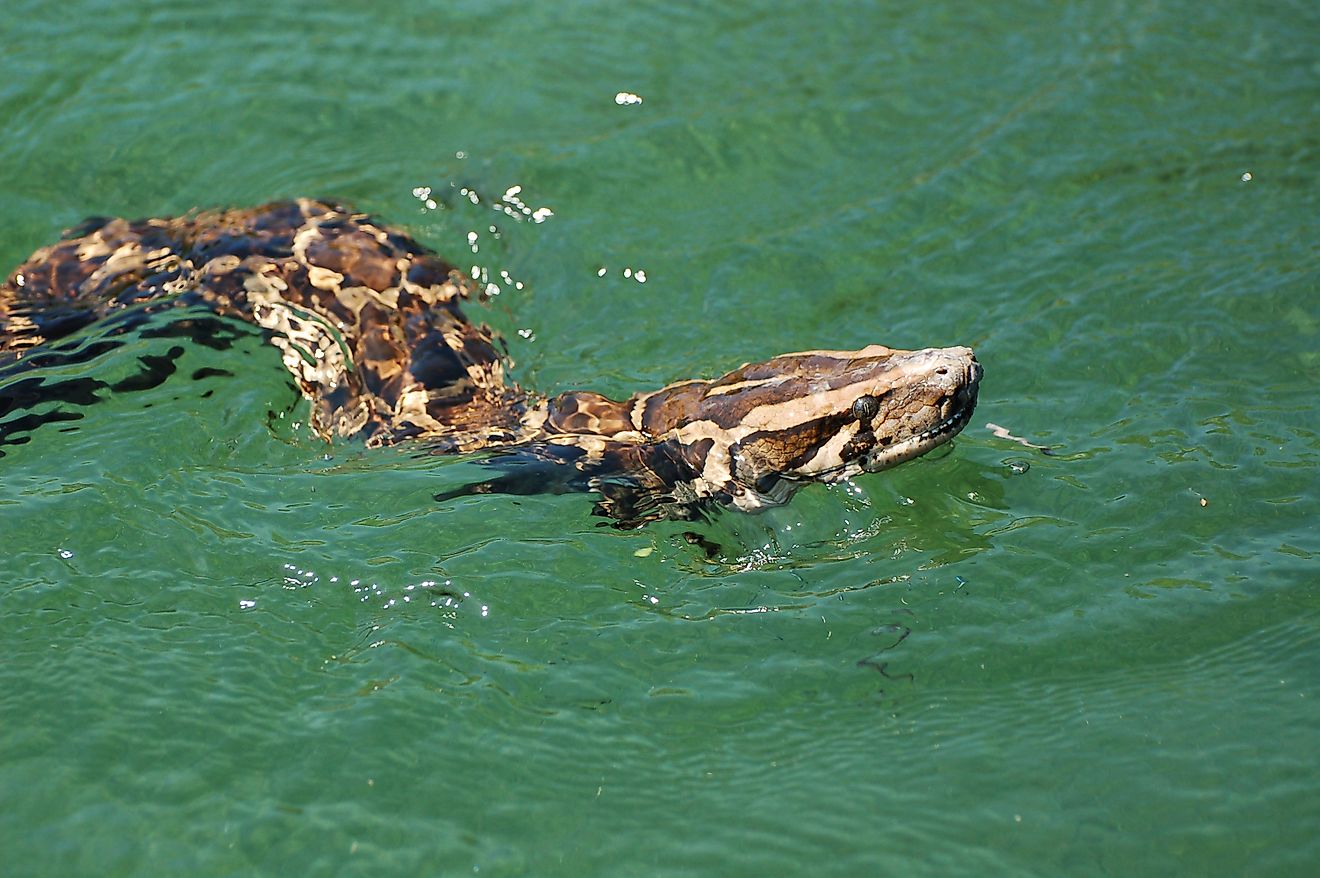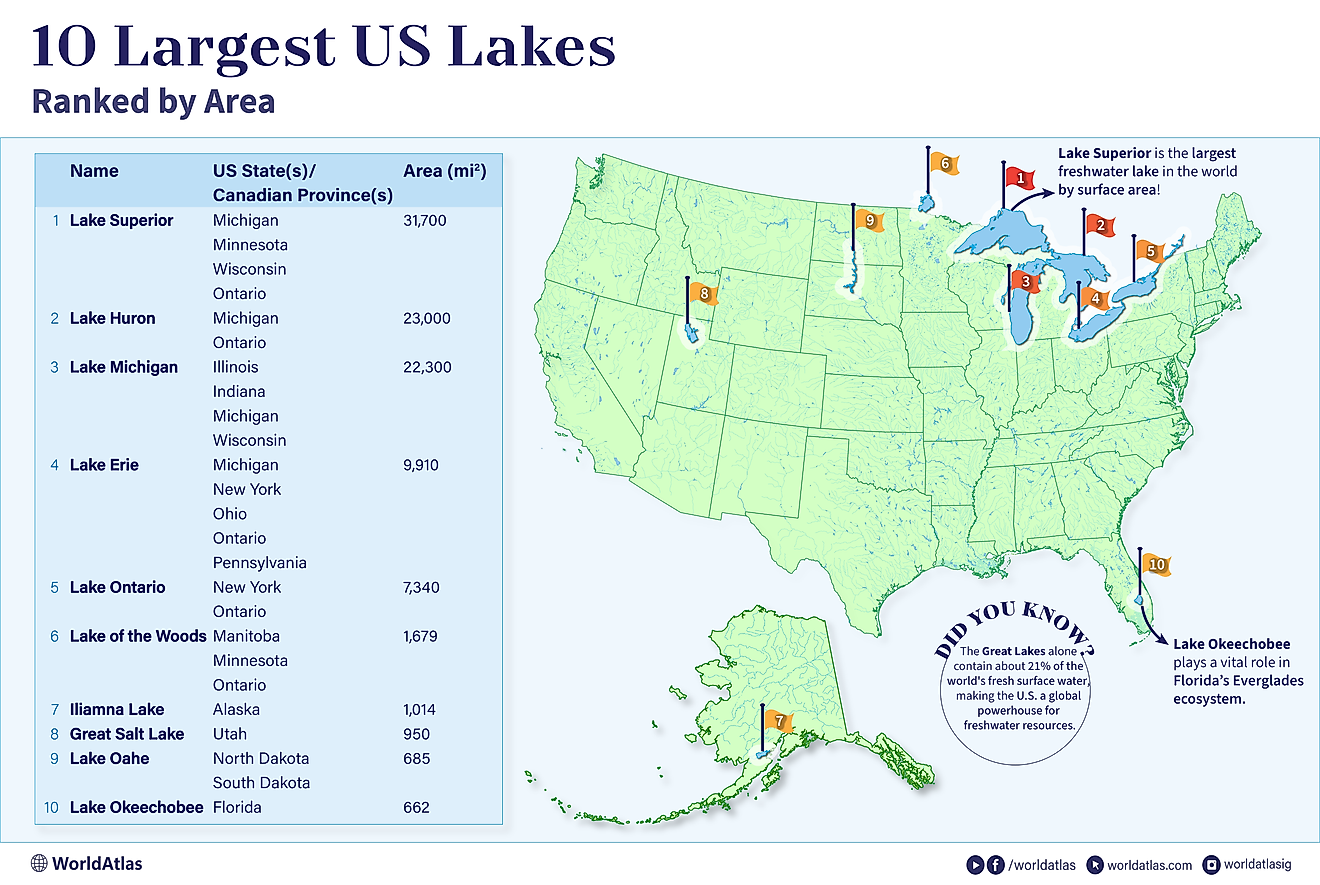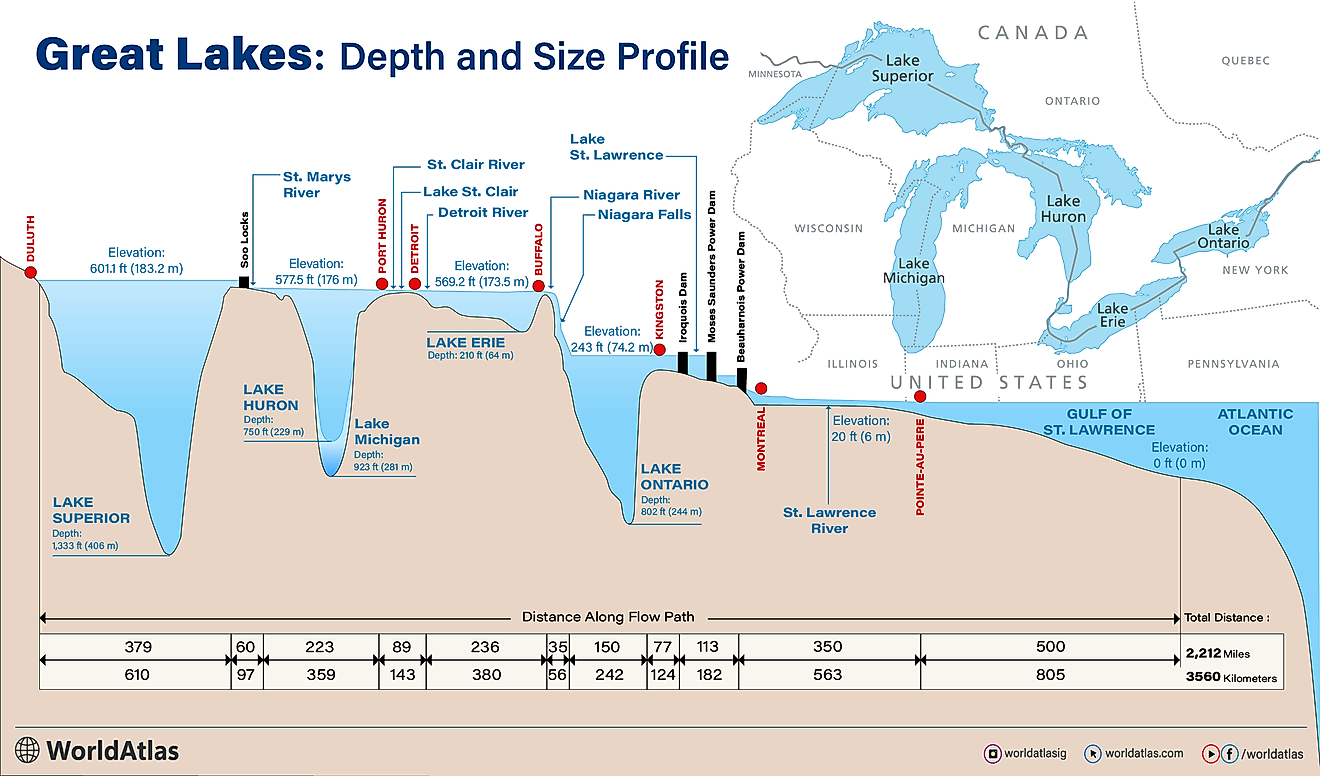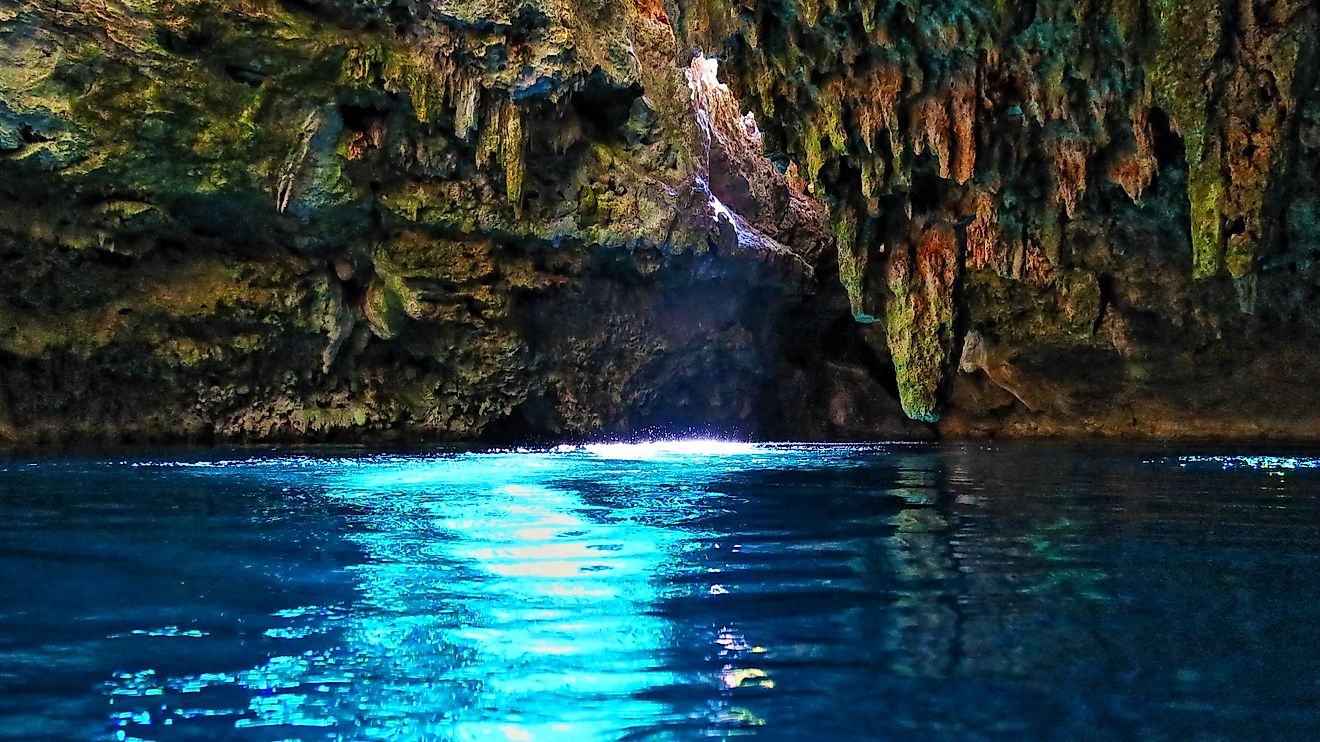
Bosna River
The Bosna River is one of Bosnia-Herzegovina's three major internal rivers and the third longest river in the nation, measuring at 168-miles long. The name Bosnia is even derived from the Bosna River. The Bosna River drainage basin is 4,170 square miles in size; the river has an average depth of roughly 17.3 meters, and the river mouth discharge's 6,100 cubic feet/second. The Bosna River is the largest river completely within the borders of Bosnia. It is in a distinct minority of larger Balkan rivers because it has no dams or hydroelectric plants. This is due to many protests from environmental groups who believe the construction will endanger local flora and fauna.
Source and Course

Over centuries, the Bosna River created the Bosna River Valley. Its source is the Vrelo Bosne spring located in the foothills of Mount Igman, just outside Sarajevo. The river begins in Sarajevo Canton, flowing through the Doboj Region, then to Posavina Canton. Due to the topography, the river flows due north.
Its largest tributaries are Zeljeznica, Miljacka, Fojnicka, Lasva, Gostovic, Krivaja, Usora, and Spreca rivers. The waters of the Bosna Spring, located in Park Stojčevac, are exceptionally pure and are pumped out into the Sarajevo water supply. The area is a national park, popular with both locals and tourists as a spot for a stroll, picnic, and stunning photo opportunities.
Climate

Despite its position close to the Mediterranean Sea, Bosnia experiences cold winters and mild summers due to the protection from the Dinaric Alps. As the river sits largely in a canyon, the area around the river is cooler than the surrounding landforms, with winds coming from the surrounding hills as they blow from the north. The average temperature during the coldest parts of winter is around 32°F, and in the warmest month of July sits around 72°F. May and June are the months that receive the most precipitation throughout the year, with January and February, the drier months.
Wildlife

Recreational fishing is very popular in the Bosna River, largely due to its abundant species of trout. Brown trout, grayling, marble trout, and kosor swim in abundance, along with many common game fish such as catfish, carp, and bass. At the head of the river, ducks make a home where the water is still and easy to navigate. With plenty of fish, there are even brown bears roaming the shores.
The Danube salmon, a threatened species, also makes its home in parts of the river, giving environmentally active groups more vehemence against industrializing the river. It is just one of 17 fish protected by the Bern Convention, a conservation organization protecting wildlife and natural habitats.
History

The Bosna River, also called the Vosna River, is an important waterway in the region. There is speculation that a Roman historian mentions the river around the first century. During World War II, the Bosna River became an efficient access point to cities with a large metallurgy industry. Zenica and Doboj are two major cities, with populations of 115,000 and 77,000, respectively, that rest along the Bosna River valley.
Economy
Many cities along the Bosna River wish to dam it for hydroelectric power. Bosna is one of the few rivers that have no hand in satisfying Bosnian power consumption needs. It is largely a game fishing source and only profits waterfront cities with industrial factories where the depth will accommodate ships with minimal draft.
